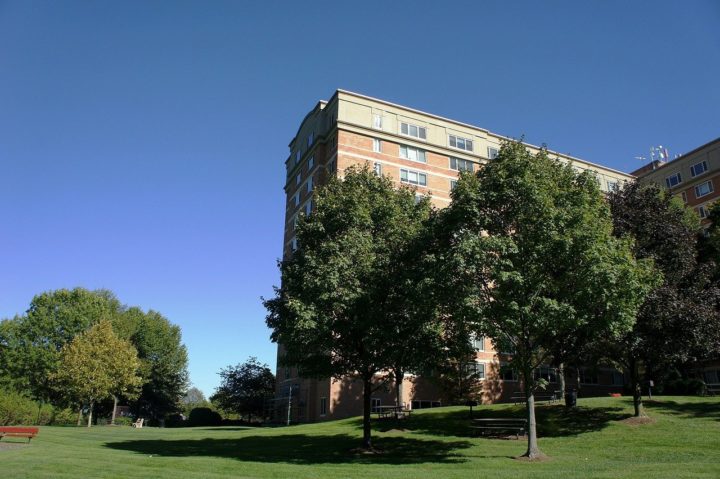Neighbourhood Plans were introduced under the Localism Act (2011) to provide opportunities for local communities to influence the decisions that shape the future of their area. However, in practice, it has often been difficult for Neighbourhood Planning Groups (NPGs) to have a meaningful say in a complex system – especially in less affluent areas.
Research led by Professor Gavin Parker from Henley Business School at the University of Reading, identified a lack of clear or consistent statutory support for NPGs as a key barrier, with many groups enlisting the support of private consultants to assist in the development of their Neighbourhood Plan. The research also indicated a lack of both consistency and transparency at the examination stage, which follows the submission of a draft Neighbourhood Plan to a local authority.
Recommendations made by the researchers to improve the planning process have underpinned a series of changes in policy and practice intended to increase both the popularity and success of neighbourhood planning. These include a requirement in the Neighbourhood Planning Act (2017) for local authorities to give due regard to Plans which have been independently examined.
In 2019, the Reading team was invited by the Ministry of Housing Communities and Local Government (MHCLG) to conduct the Impact of Neighbourhood Planning in England study, the largest and most in-depth research on neighbourhood planning to date. The findings of this study have been instrumental in securing increased funding from the Housing Secretary to help communities in urban and deprived areas plan their local neighbourhoods.
Find out more
Research highlight: People-powered planning
Widening access to shared ownership is not enough to solve England’s housing crisis (blog, Oct 2020)
Why don’t local people have a greater say in their neighbourhoods? (blog, Sept 2019)
View the full impact case study on the REF 2021 website: Changing Policy and Practice to Facilitate Neighbourhood Planning in England

